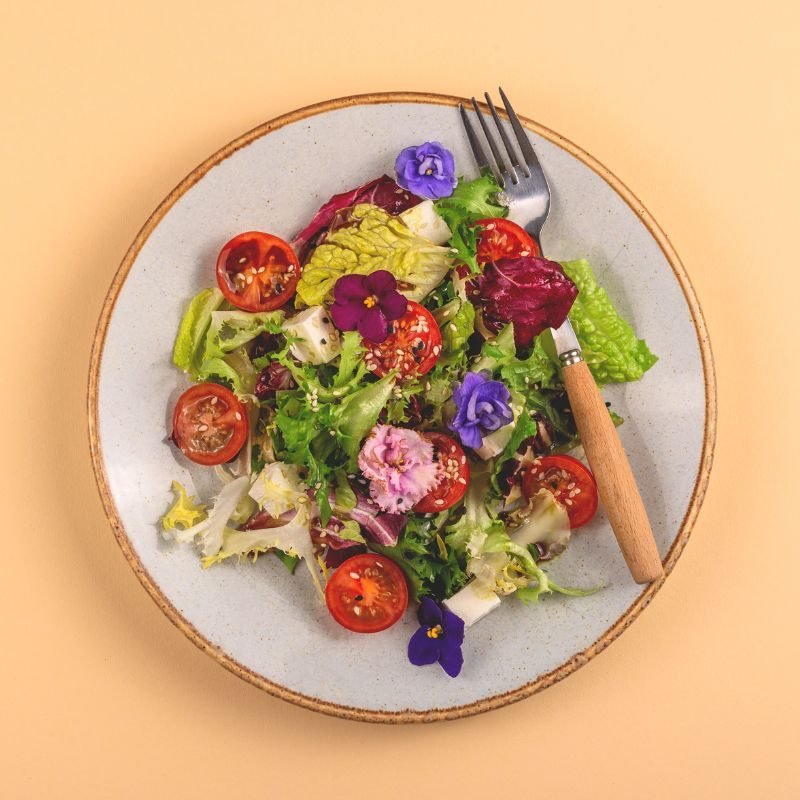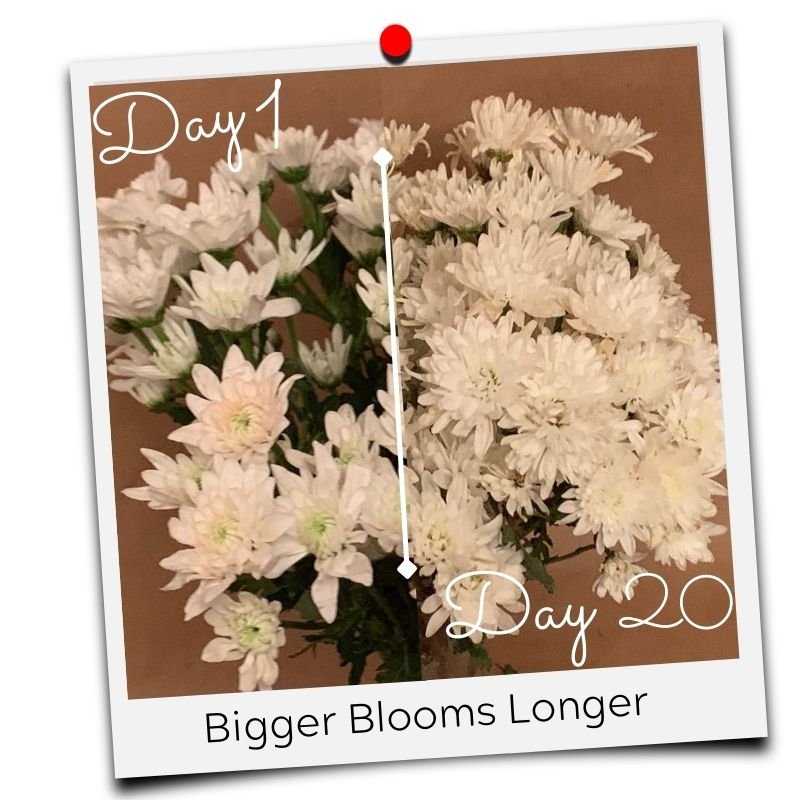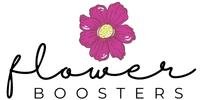Edible Flowers: What’s Safe, What’s Not, and How to Keep Them Fresh Without Mystery Chemicals

Make sure Your edible Flowers Stay Edible
Know the Facts Before Taking Risks With Your Food
Edible flowers are beautiful, trendy, and often seen in everything from cocktails to wedding cakes. But here’s what most people don’t know:
Just because a flower is marketed as edible doesn’t mean it’s 100% safe to eat.
Even flowers that nature made edible can become dangerous if grown or treated improperly. In fact, most store-bought flowers of all varieties are not safe for human consumption.
Let’s break down what makes edible flowers safe, what makes them toxic, and how to keep them fresh without harmful preservatives.

The Hidden Risks of Eating Flowers
Even flowers that nature has made “edible” can be harmful if they contain:
Natural toxins (alkaloids, glycosides, or essential oils in unsafe amounts)
Chemical preservatives used during transport or in flower food packets
Pesticide residues from non-food-grade farming
Fungi or bacteria introduced during storage
Allergens that may trigger severe reactions
Common naturally “edible” flowers that are unsafe when conventionally grown include:
Roses
Sunflowers
Marigolds
Daisies
Daffodils
Hyacinths
Lilies
Even some edible varieties (like pansies or nasturtiums) can become toxic if treated with conventional floral solutions or pesticides. And of course, many versions of “edible” also rely on the fact it would be considered unlikely people would make a habit of eating flowers at every meal (because those trace toxins could built up to dangerous levels).
Why Traditional Flower Food Might be a Problem
The flower food packet that came with your bouquet? That’s not designed for human safety — or maybe it is. You’ll never know.
Most commercial flower foods are designed to help retailers keep flowers looking fresh so they can sell more of them. These commercial formulas include undisclosed chemical preservatives, artificial dyes, and potentially toxic ingredients. These soak directly into the flower’s stem and petals—the very parts you might be putting on a cake or salad.
The only thing you can know for sure about most commercial formulas is that they’re produced by large international petrochemical companies.
A Better Option: Flower Boosters
At Flower Boosters, we created a flower food that’s safe enough to use on edible flowers, pet-safe, and only uses food-grade preservatives (like you will find in your kitchen pantry in your favorite foods).
What sets us apart:
No fragrance additives
No toxic preservatives
No mystery ingredients—just clean hydration
Made in the USA with ingredient transparency
Flower Boosters extends the life of your flowers and is safe for flowers you plan to display, photograph, or eat—without compromising their beauty.
Note: While we always recommend rinsing edible flowers before use, Flower Boosters hydrates from within using a formula that respects their natural integrity—without the usual chemical baggage.
When Is a Flower Truly Edible?
To safely use flowers in food:
Know the variety – Some flowers are always toxic.
Know the source – Edible flowers must be grown for food use.
Check how they were treated – Ask if they were hydrated with chemical-free flower food.
Safe when grown and treated properly:
Nasturtiums
Pansies
Roses (if organic or food-grade)
Violets
Dandelions
Calendula
Lavender
Squash Blossoms
Chrysanthemums
Hibiscus
Marigolds (some varieties)
Daylilies
Carnations
Where to Buy Truly Edible Flowers
Special order through a florist – Ask for food-grade flowers
Farmers’ markets with edible flower growers
Grocery stores (rarely, but Whole Foods sometimes offers them)
Grow your own – Best way to ensure chemical-free quality
Want Them to Last Longer—Safely?
Whether you’re prepping for a cake, a salad, or just want your edible blooms to last longer in a vase, Flower Boosters offers the only flower food we’d trust around a dinner plate.
Shop Flower Boosters Now
See Our Ingredients
FAQ Section
Q: Are edible flowers from the store safe to eat?
A: Not usually. Most have been treated with chemicals or preservatives not safe for consumption.
Q: Which flowers are safe to eat?
A: Only flowers grown for human consumption and untreated by chemicals. Common safe options include pansies, nasturtiums, and violets—if properly sourced.
Q: Can I use normal flower food with edible flowers?
A: Unknown. Most flower foods hide their ingredients because they are not legally required to state them. They offer no assurances to whether they are safe or not.
Q: What makes Flower Boosters different?
A: We use a transparent, non-toxic formula with no dyes or harsh preservatives—suitable for edible flowers and pet-safe, too.


